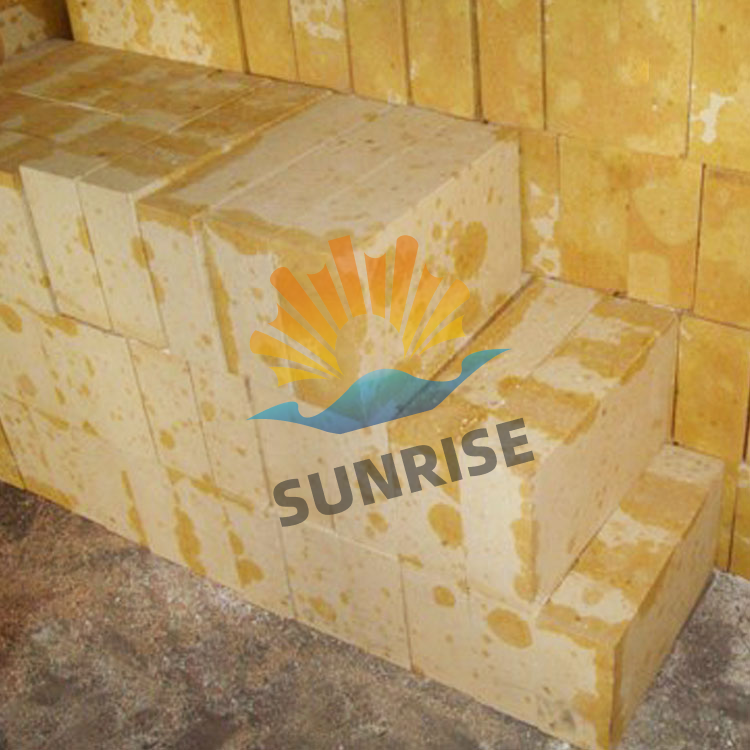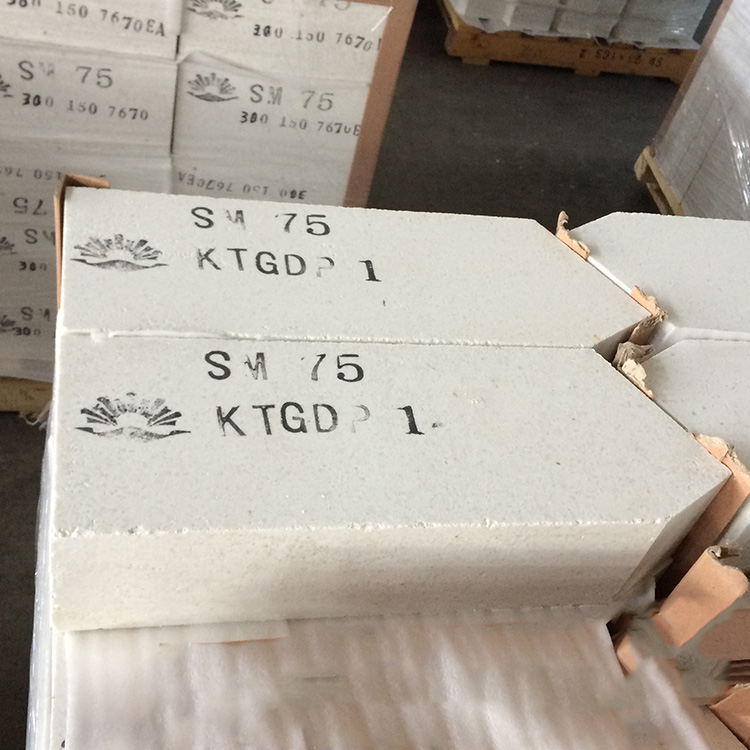.jpg?x-oss-process=image/resize,h_1000,m_lfit/format,webp)
Fused magnesia bricks are crafted using fused magnesium as the primary raw material. The production process begins with carefully selected high - purity magnesium ore. This ore is melted at extremely high temperatures, typically above 2800°C, in an electric arc furnace. The molten magnesium is then cast into molds and cooled slowly to form the bricks. This meticulous manufacturing process ensures the structural integrity and high - quality of the final product.

One of the most remarkable features of fused magnesia bricks is their excellent resistance to basic slag. In high - temperature industrial environments where basic slag is prevalent, such as in steelmaking furnaces, these bricks can withstand the corrosive action of the slag. Laboratory tests have shown that fused magnesia bricks can resist basic slag corrosion for up to 30% longer than some common refractory bricks.
Fused magnesia bricks have a very high refractoriness, with a melting point of around 2800°C. This makes them ideal for use in high - temperature industrial processes, such as glass melting furnaces and non - ferrous metal smelting, where temperatures can reach over 1600°C. They can maintain their structural stability and performance under extreme heat, ensuring continuous and efficient operation of the industrial equipment.
A steel manufacturing company in Europe was facing frequent furnace lining failures due to the corrosion of basic slag. After replacing the traditional refractory bricks with fused magnesia bricks, they noticed a significant improvement. The furnace lining's service life increased from an average of 6 months to over 9 months, reducing the downtime for maintenance and replacement. This not only improved the production efficiency but also saved a substantial amount of maintenance costs.

| Refractory Brick Type | Resistance to Basic Slag | Refractoriness | Service Life |
|---|---|---|---|
| Fused Magnesia Bricks | Excellent | Around 2800°C | Long |
| Common Refractory Bricks | Good | Around 1700 - 2000°C | Shorter |
As shown in the table, fused magnesia bricks outperform common refractory bricks in terms of resistance to basic slag, refractoriness, and service life.
According to a recent industry report, the use of fused magnesia bricks in high - temperature industries can increase production efficiency by up to 20% due to their longer service life and better performance. Experimental data also indicates that the thermal conductivity of fused magnesia bricks is relatively low, which helps to reduce heat loss in industrial furnaces.
.jpg)
Fused magnesia bricks are an excellent choice for high - temperature industries. They can effectively protect industrial equipment, ensure production safety, and significantly improve production efficiency. Are you considering upgrading your refractory materials? Share your thoughts and questions in the comments below. If you are interested in learning more about fused magnesia bricks or getting a quote, click the button below to contact our professional team!
Contact Us Now
